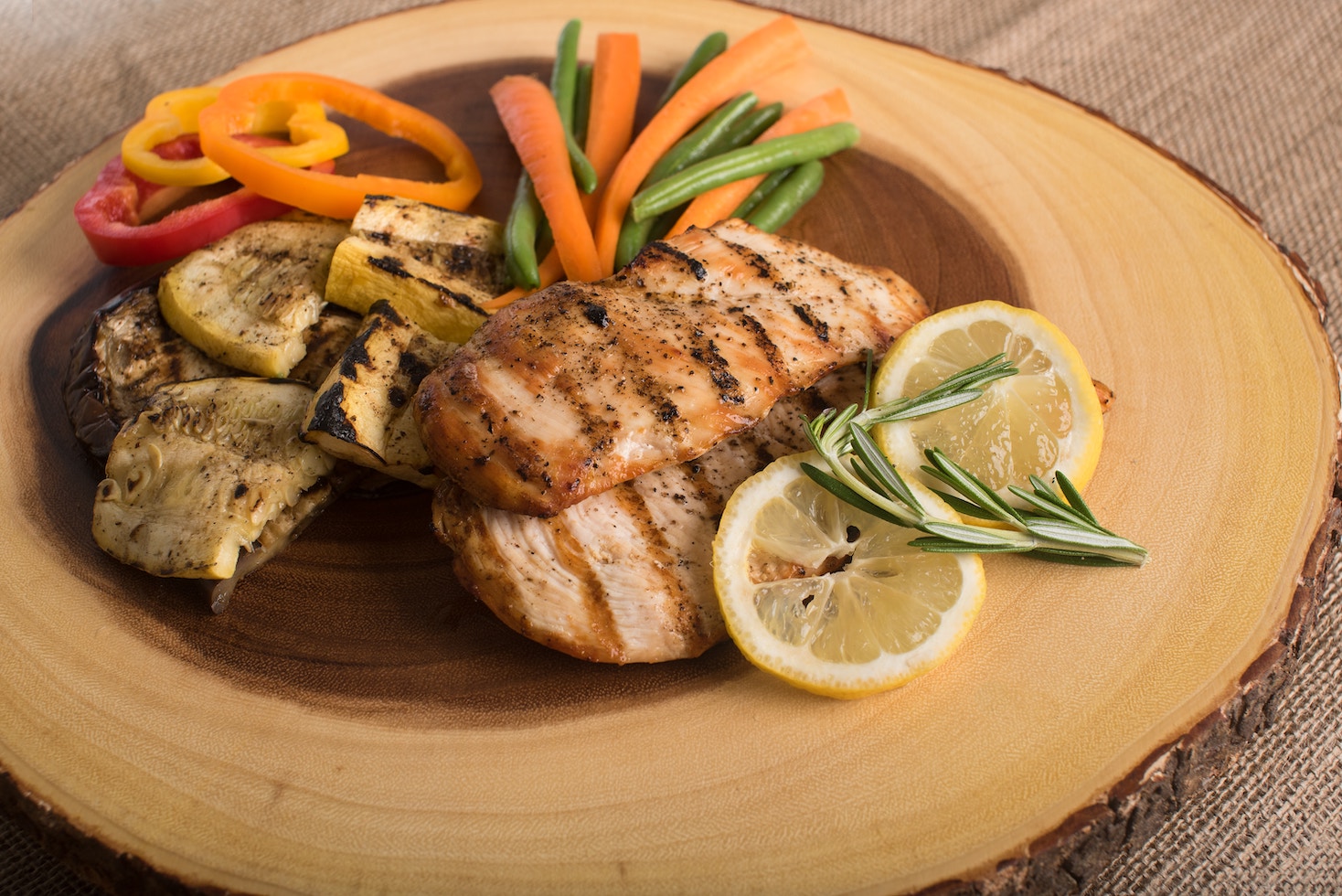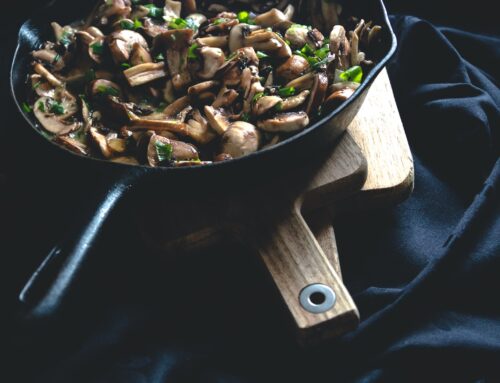https://brako.com/en/x5124zp Protein shakes, protein bars, protein pancakes, protein everything! There are also numerous diets that highlight protein as their main selling point. Protein is definitely enjoying its glory days and I can’t blame protein fanatics, because let’s face it compared to carbs, taking in protein is better for you.
enterOrder Tramadol 50Mg Online With protein having a good rep nowadays, more and more Americans are abusing the high-protein trend which can actually be more dangerous than beneficial. I use the word abuse because the amount of protein many people are consuming are alarmingly unnatural compared against their sedentary lifestyles.
enter siteOrder Tramadol Us To Us Unlike body builders who toil in the gym to build muscle, the average person practices a a non-active lifestyle. More often than not, he has a desk job, takes the subway home, and eats dinner watching TV until he falls asleep to wake up next morning following the same routine. The unused energy then is not burned and turn into fat rather than muscle. So eating a massive amount of protein does not help him at all.
https://living4youboutique.com/h2fc3zkhe
https://www.techonicsltd.com/uncategorized/j7vfh5fjon But how much protein is too much?
How much protein should we have?
The US Food and Nutrition Board recommends that an average adult needs roughly .8 grams of protein per kilogram of bodyweight which means around 56 grams for men and 46 grams for women a day.
https://splendormedicinaregenerativa.com/w8cd78t9cz1 But according to a study, men who are 20 years and older consume 98.9 grams of protein daily and women 68 grams.
Is there an issue with this?
The problem with this is that when we overdose on protein, we also become highly acidic. This is because when protein is broken down in the body- it forms an acidic substance and anything acidic in the body is a breeding ground for disease. We then need the body to do the opposite and be alkaline – which means healthy.
https://www.inaxorio.com/9g5qxpwspc9 For the body to become alkaline, it needs non-animal products like vegetables, fruits nuts, seeds, and healthy fats.
Should you avoid the high protein craze?
There are certain situations where a high-protein diet is recommended for some people, however, the best bet is still balancing it with healthy carbohydrates such as fruits and vegetables.
https://geneticsandfertility.com/aca03wye Instead of overloading on red meat and animal sources of protein, try other protein sources such as lentils, edamame, chickpeas, Greek yogurt, quinoa, and peanut butter.
go to sitego to link Also, try to avoid artificial sources that promises to deliver on your protein requirement such as protein bars, shakes, or protein enriched products especially if you are not sure about the source or the quality. Plus, this options usually fail in making you feel satisfied, making you crave more food than you should be eating.
https://thefooduntold.com/food-science/7386g75pc6rhttps://www.insearchofsukoon.com/8ttpv7jh Imagine having a protein bar for breakfast. Yes, you may feel satisfied for a while, but when you get a whiff of that appetizing barbecue lunch your colleague ordered – you will surely get tempted to eat again.
https://www.pathwaysmagazineonline.com/m861r24c1iego It is better to stick with the natural, whole food options. And again, balance out your meals because as they always say, too much of everything can be a bad thing!
Tramadol Buy Europe




Leave A Comment